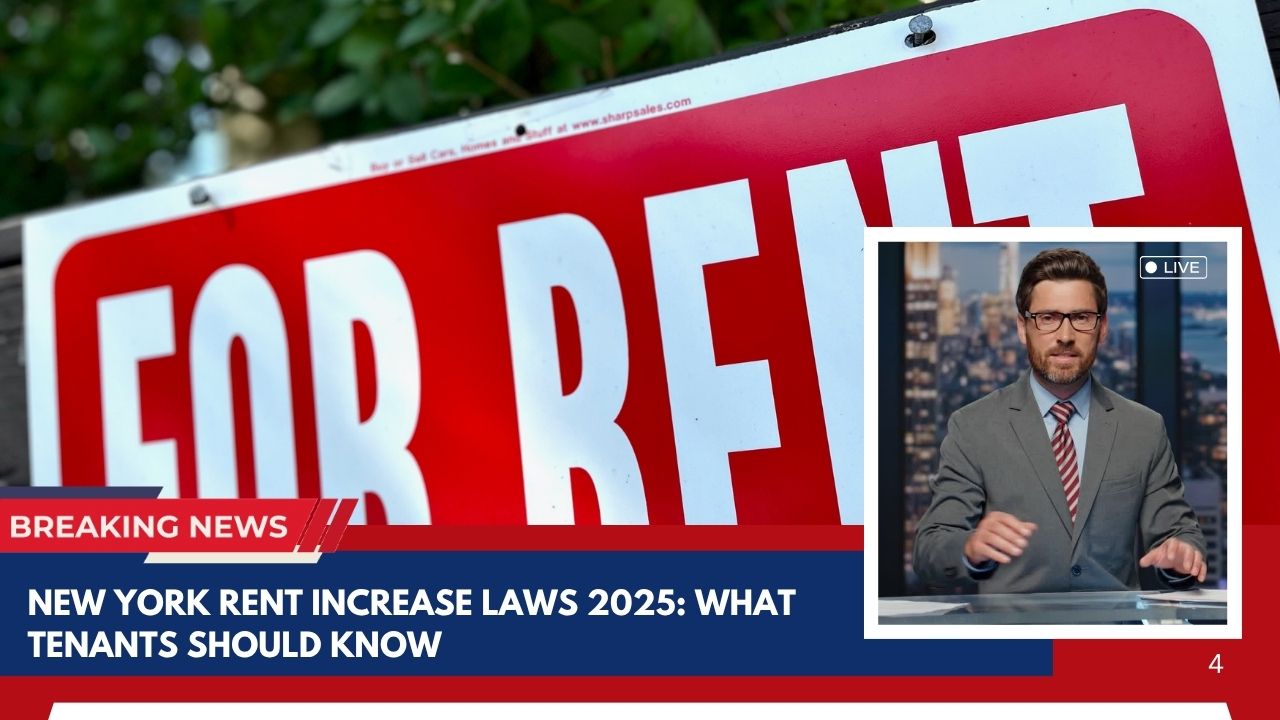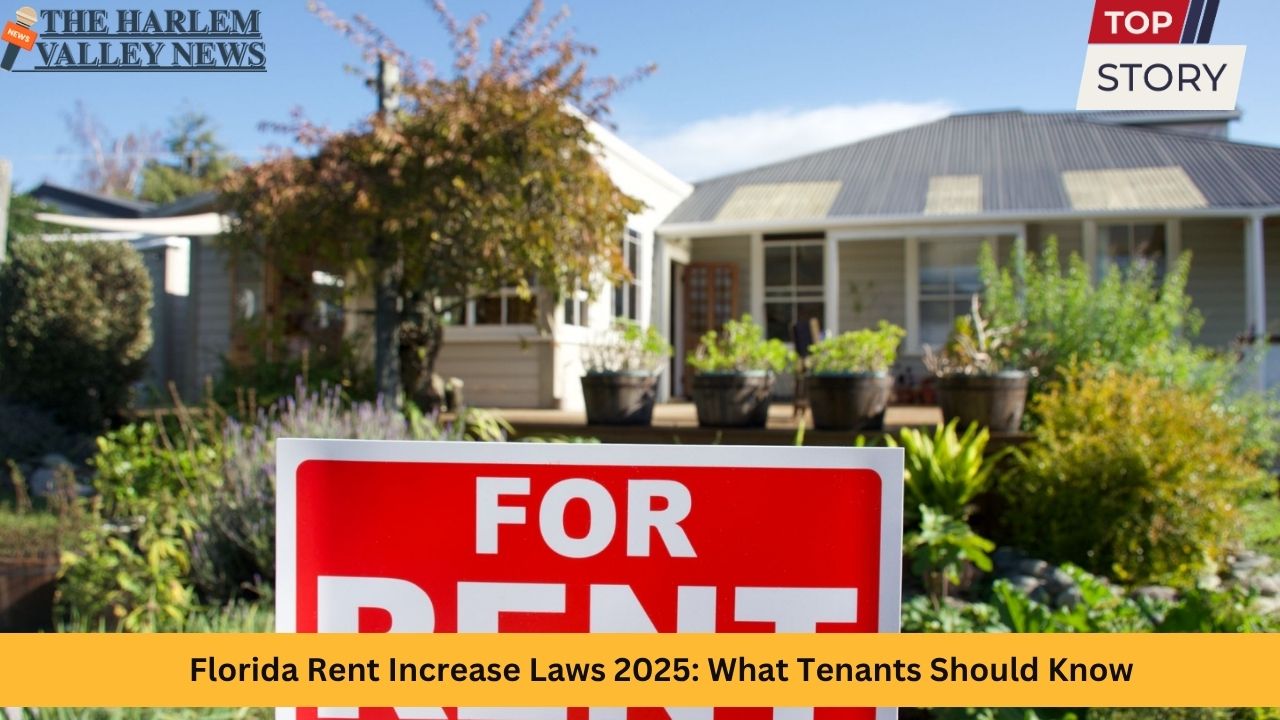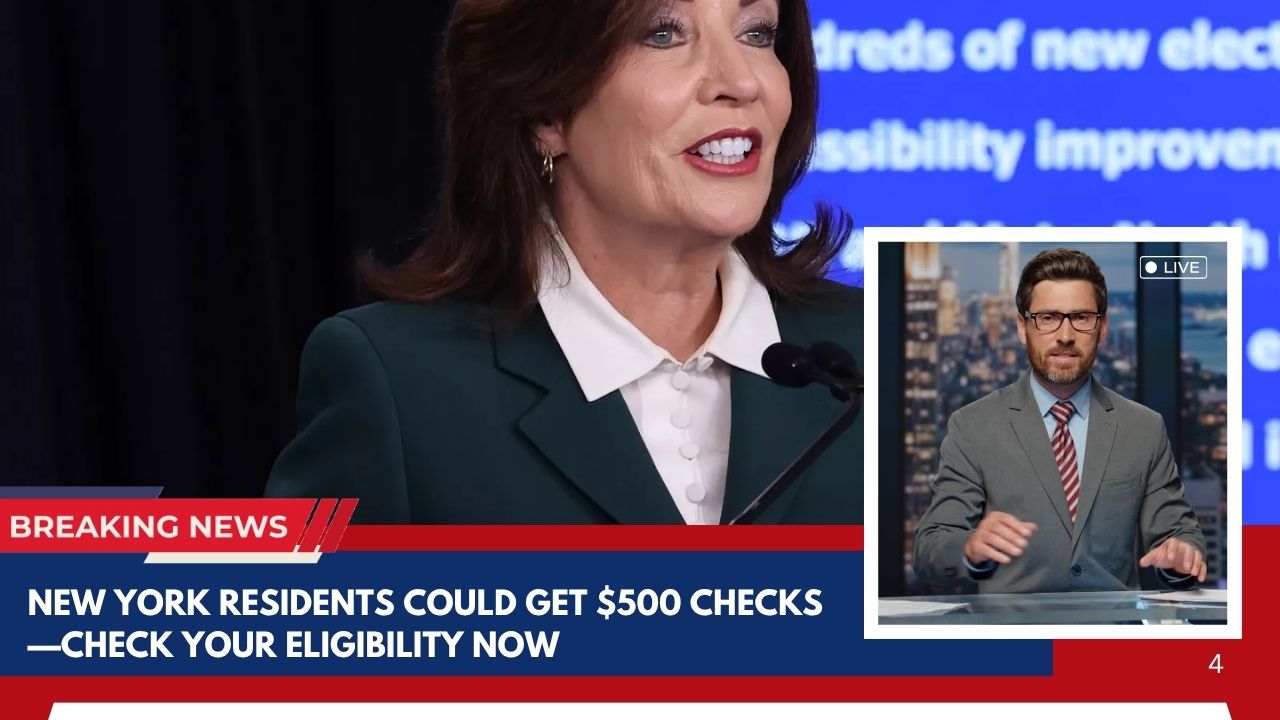As New York enters a new era in the rental housing market, 2025 has brought significant updates to rent increase laws. These changes affect millions of residents across New York City and the state. Whether you live in Manhattan, Brooklyn, Queens, the Bronx, Albany, Nassau, or Westchester, understanding the latest regulations is vital to keeping your housing secure and managing your budget. In this guide, you’ll learn everything you need to know about the 2025 rent increase laws—including city-by-city facts, key statistics, recent legal developments, and practical advice for tenants.
Overview of New York’s Rental Landscape
New York State’s rental market is vast and diverse, covering everything from luxury high-rises in Manhattan to family homes in Buffalo and affordable apartments in Albany. Over 45% of the state’s residents are renters, with New York City alone hosting nearly two million rental units—about half the state’s total rental stock.
Major Cities and Their Rental Characteristics
-
New York City: Home to about 8.5 million people, NYC’s rental market is the most regulated. It’s split between market-rate units, rent-stabilized apartments, and a small number of rent-controlled units.
-
Albany: As the state capital, Albany features both market-rate and rent-stabilized units, especially in older buildings.
-
Buffalo, Rochester, Syracuse: Larger upstate cities, generally with more flexible market-rate rentals and fewer rent-regulated units.
2025 Rent Increase Laws: Key Changes
The Rent Guidelines Board (RGB) and recent state-level legislation in 2025 introduced new standards for how much and how frequently landlords can raise rents for certain tenancies.
Major Updates for 2025
-
Rent-stabilized apartments in NYC:
-
Maximum increase: 3% for one-year leases commencing October 1, 2025 to September 30, 2026.
-
4.5% for two-year leases during the same period.
-
-
Market-rate apartments: Covered by the “Good Cause Eviction Law,” which restricts so-called “unreasonable” rent hikes.
-
Rent control remains in effect for a small pool of units, primarily in NYC and a few other counties.
Rent Caps for Rent-Stabilized Apartments in NYC
If you live in a rent-stabilized apartment in any of the five boroughs—Manhattan, Brooklyn, Queens, the Bronx, or Staten Island—your rent increases are tightly regulated:
| Lease Term | 2024–2025 Allowable Increase | 2025–2026 Allowable Increase |
|---|---|---|
| 1-Year Lease | 2.75% | 3% |
| 2-Year Lease | 5.25% | 4.5% |
For example, a tenant in Brooklyn with a rent-stabilized lease expiring in October 2025 renewing for two years can only be charged up to 4.5% more per month.
Why Rent Increases Happen
In 2024, landlord operating costs—driven by increased insurance, property taxes, and fuel costs—went up 6.3%. The Rent Guidelines Board balanced these higher costs with the city’s affordability crisis to create the 2025 caps.
Notice Requirements for Rent Increases
State law now requires landlords to provide advance written notice before imposing a significant rent increase:
-
If you’ve lived in your apartment less than one year: 30 days’ written notice.
-
One to two years: 60 days.
-
Two years or more: 90 days.
This applies to all non-rent-stabilized (market-rate) tenancies statewide, including rentals in cities such as Buffalo, Albany, and Rochester.
Good Cause Eviction Law and Market-Rate Apartments
The Good Cause Eviction Law has dramatically changed how landlords set rents for market-rate units (those not under rent stabilization). As of 2025:
-
A rent increase is considered “unreasonable” if it exceeds the lower of:
-
5% plus the local inflation rate (Consumer Price Index), or
-
10% in a 12-month period.
-
-
For example, if New York’s inflation rate is 2.2%, market-rate landlords cannot hike rent by more than 7.2% for a single renewal in most situations.
-
This rule is enforced in cities with over 25,000 residents, including New York City, Yonkers, Buffalo, and Rochester.
Rent Control Beyond New York City
While most rent-regulated units are in NYC, some cities like Yonkers, Albany, and select areas in Westchester and Nassau counties also have rent stabilization ordinances. The numbers are significantly smaller, but if you live in a building with six or more apartments built before 1974, you might qualify for protections.
Recent Rent Trends and City-by-City Data
Despite legal limits, rent growth has remained robust due to high demand:
New York City (Q2 2025)
-
Median monthly rent: $3,491
-
Annual increase: 3.7%
-
Studio–2 bedroom units: $3,436 median (up 4.2%)
-
3+ bedrooms: $5,055 median (up 0.2%)
-
Manhattan: $4,634 median (up 3.3%)
-
Brooklyn: $3,953 median (up 6%)
-
Queens: $3,385 median (up 2.7%)
-
Bronx: $3,040 median (up 1%)
Long-Term Trend
Compared to pre-pandemic (2020) levels, NYC rents are now 22.4% higher. While Manhattan saw a comparatively small 0.2% five-year growth, the Bronx and Brooklyn saw increases of over 40%, underlining affordability stress on lower-income renters.
Tenant Rights and Landlord Responsibilities
Landlords Must:
-
Keep units habitable and safe: Proper heat, water, plumbing, and address repairs quickly.
-
Follow legal notice periods for entering, raising rent, or ending the lease.
-
Return security deposits within 14 days after lease end if there’s no serious damage.
Tenants Must:
-
Pay rent on time (with a standard five-day grace period before late fees are possible).
-
Keep the property clean and avoid nuisance or damage.
-
Report required repairs promptly.
Other Important Rules
-
Major Capital Improvements (MCIs): Increases due to building-wide upgrades are capped at 2% per year.
-
Individual Apartment Improvements (IAIs): Limited and more strictly regulated since 2019.
-
Eviction: All evictions require a court order. Non-payment, nuisance, or substantial lease breaches are the most common grounds.
What Tenants Should Do in 2025
Navigating rent increases and understanding your rights is more important than ever. Here’s how to protect yourself:
-
Know your rental status: Find out if your apartment is rent-stabilized, rent-controlled, or market-rate. This impacts your legal protections.
-
Request written notices: Insist on written notification for any rent increase.
-
Track your lease renewals: Make a calendar reminder months before renewal to prepare for potential increases.
-
Document communications: Save emails and letters exchanged with your landlord, especially concerning repairs or rent changes.
-
Seek local help: Cities like New York, Albany, and Buffalo have tenants’ rights organizations and legal assistance resources.
-
Budget accordingly: As rent often outpaces income (with 55% of the typical NYC household earnings now going to rent), plan ahead to reduce strain.
Frequently Asked Questions
Is my New York City apartment rent-stabilized?
Typically, apartments in buildings with six or more units constructed before 1974 in NYC are rent-stabilized. Units built after 1974 or in smaller buildings are usually market-rate.
How much notice is required if my landlord wants to increase rent?
The notice period depends on your length of tenancy, ranging from 30 to 90 days for most increases above 5%.
What is the maximum rent increase for a two-year lease in NYC for 2025?
4.5% for rent-stabilized units with leases starting between October 1, 2025 and September 30, 2026.
Are there any exceptions to the rent increase limits?
Some major improvements may justify small extra increases, and certain luxury or newly constructed units are exempt.
What should I do if I believe my rent increase is illegal?
File a complaint with the NY State Division of Housing and Community Renewal (DHCR) or consult a local tenant advocacy group for guidance.
Conclusion
The landscape of New York rental law is in continual flux, balancing the needs of tenants and landlords against a backdrop of rising costs and soaring demand. The updated 2025 guidelines aim to provide predictability for both parties, but tenants—especially in high-cost cities like New York, Brooklyn, and Queens—should remain informed and proactive. Understanding your rights, tracking important dates, and seeking knowledgeable help can keep your housing secure, no matter how the market shifts.














Leave a Reply